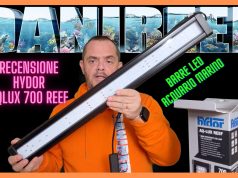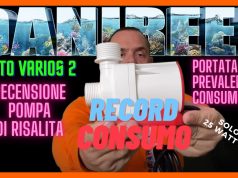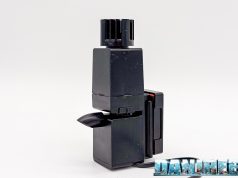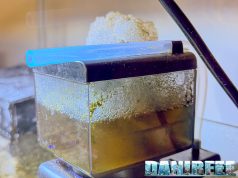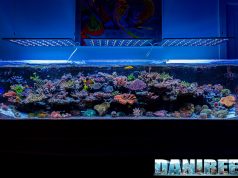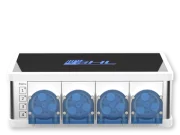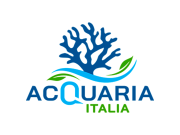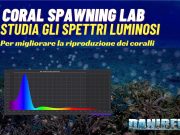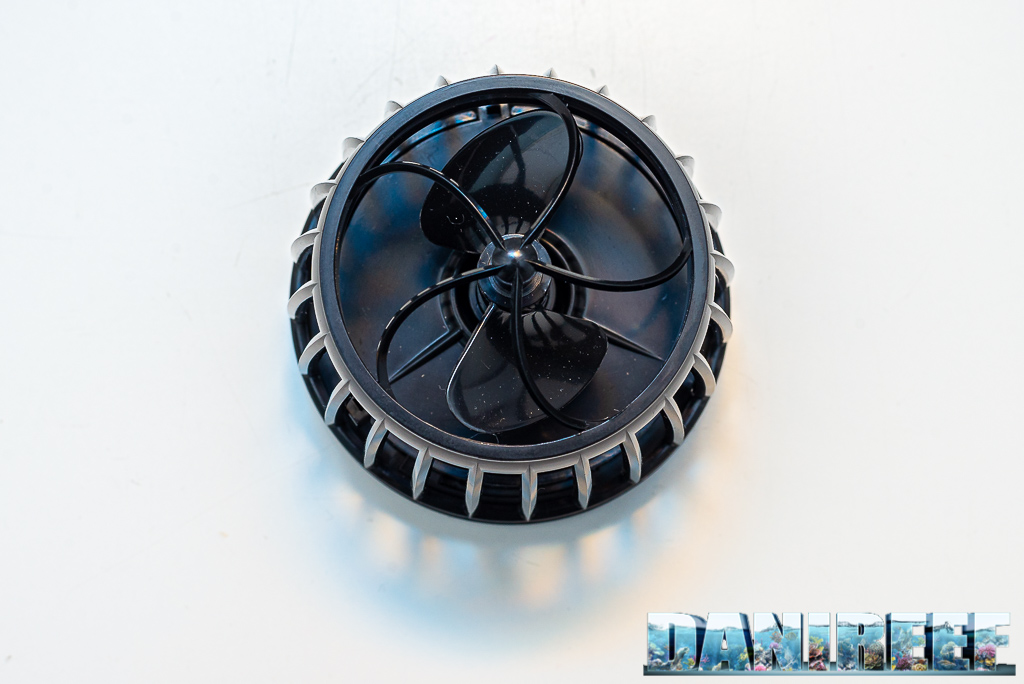
Finally we have in our hands the queen of the pumps, the Ecotech Marine VorTech MP40QD. Deeply renewed and improved for what concerns its most critical flaw, the noise.
This article is also available in: italiano
When Ecotech Marine presented the last MP40w the aquaristic world was stunned. Us included. It was 2011, and our review at time where very enthusiastic (here the review). Then, when we used it for a while it showed its main problem, the noise. In the review we already underlined this flaw and we measured 7dB of difference between minimum and maximum. That was a sound pressure 4 times higher then declared.
In 2015 Ecotech Marine resolved the problem with the QD version, that was Quiet Drive, which meant their change of direction.
But the differences between the old and the new Vortech don’t involve only the noise problem, because even the flow rate has increased. But let’s see the specs in detail.
Technical characteristics of the VorTech MP40QD
| Flow rate | 19.000 l/h |
| Consumption | 9-37 watt |
| Suggested aquarium | from 190 to 1.800 liters |
| Maximum glass thickness | 19 mm |
| Cost | 419 euro |
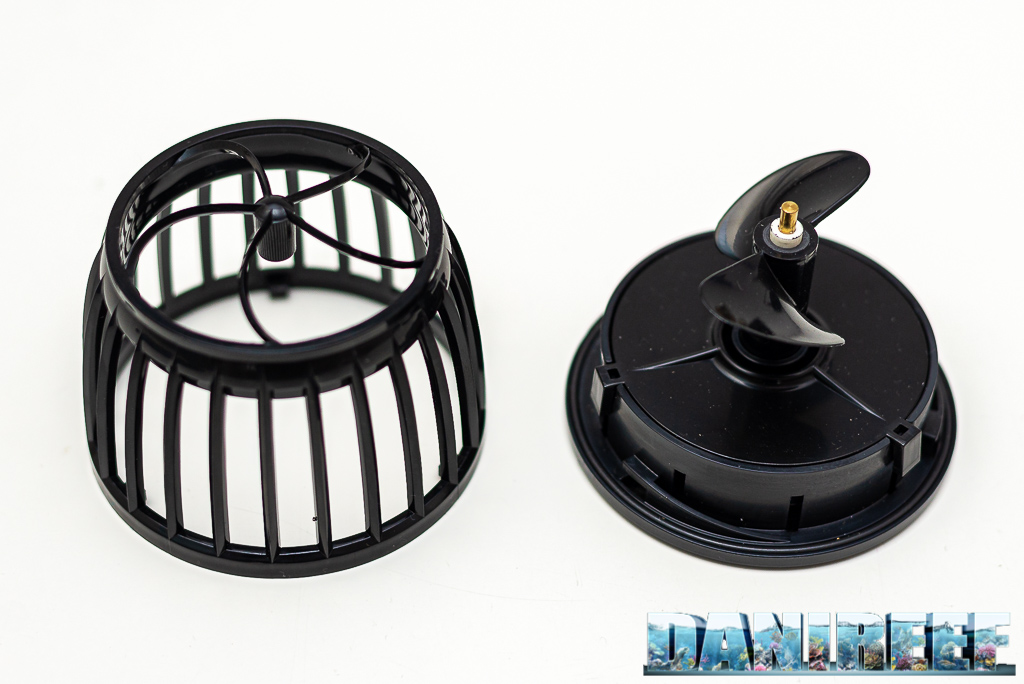
Our presentation video and review of the pump
As you already know it’s a few months that we also like to do a video-review, less complete than the article, but more suitable for certain contents. In this case, we’ll show you the process of set up and cofiguration, also including the methods of use. The video is in Italian, but there’s the possibility to insert the subtitles. We hope you’ll enjoy it, then we’ll see you here to continue the article.
How the Vortech works
The VorTech are very particular pumps because they’re not like the classic spin or impeller models, buy they work by magnetic drive. One part stays outside the glass, the Dry Side, and the other is in the water, the Wet Side. Obviously they have to be coupled, only the glass and the pin spacer in between. The pin spacer has to be applied to the Dry Side. In this way you create a distance of 16-19 mm that’s the perfect one for the best functioning of the pump.
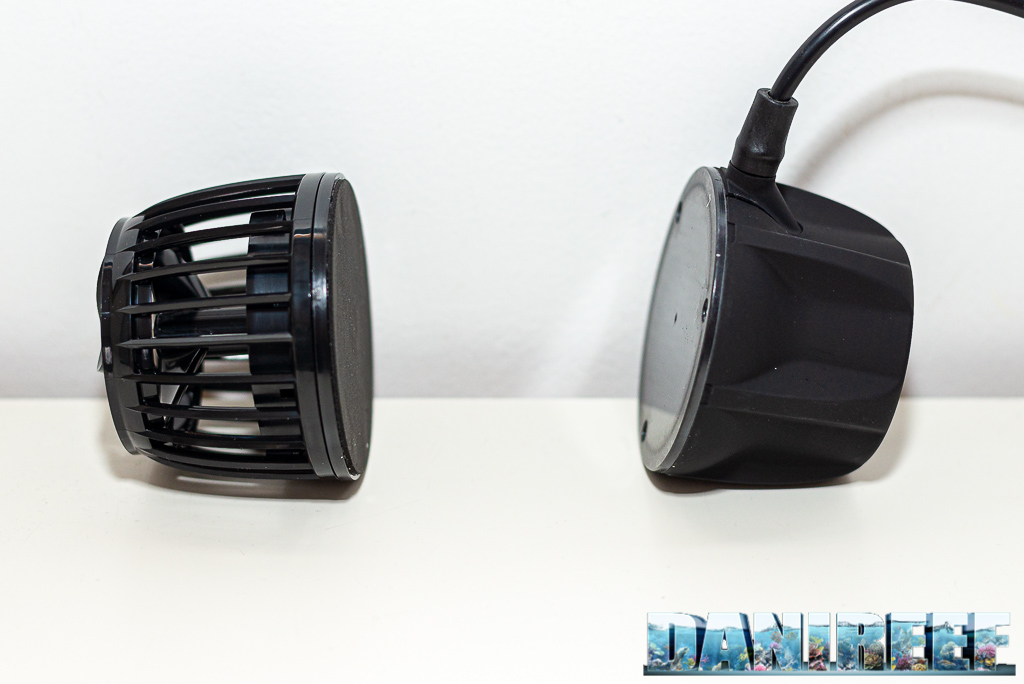
In our case, given the fact that we had a glass thickness of 15 mm, we used the smaller pin spacer.
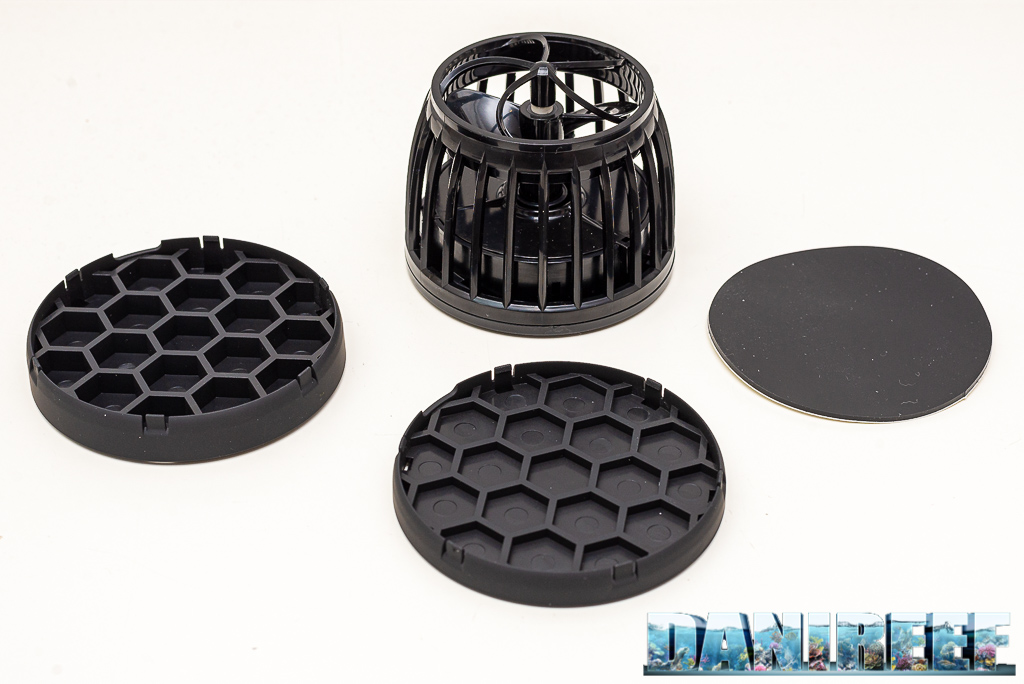
Technically speaking, we have 19.000 l/h of flow rate and a consumption of 39 watt, that is an efficency of 487 liters per watt, and considering the cost of 419 euro, the economic efficiency is 45,3 liters per euro. Compared to the previous pump the efficiency is basically the same, while the economic efficiency has improved with more watt per euro.
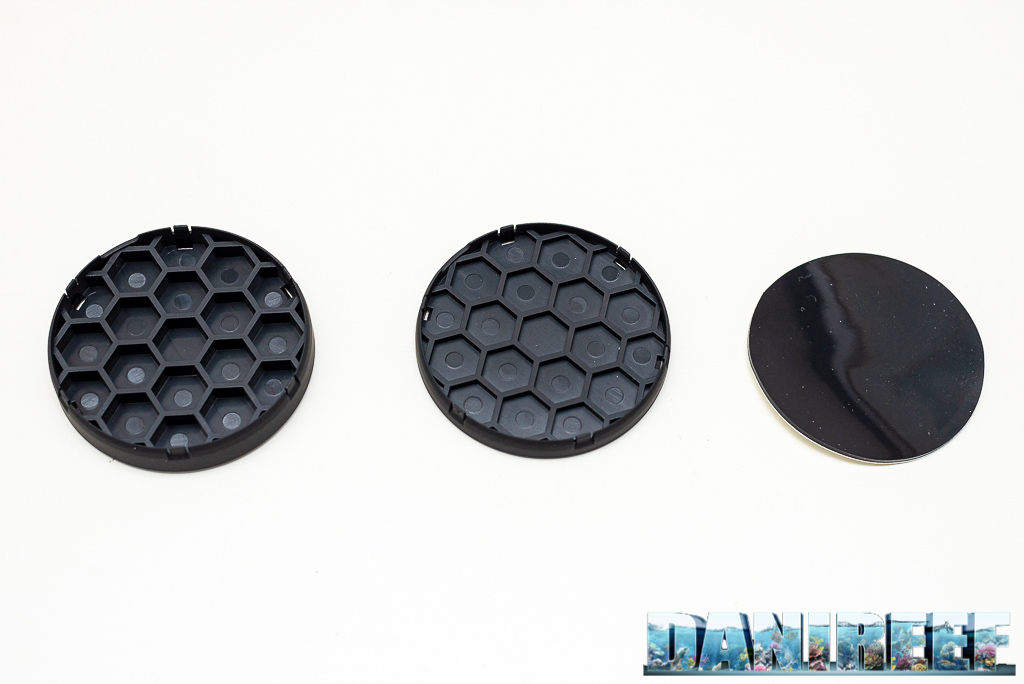
What does a pump of this kind mean
This configuration with and external engine has many advantages and disadvantages, obviously.
First thing, as we have underlined before, the space occupied in tank is very minimal, and as the Ecotech Marine says it’s now possibile to dedicate to watch the corals without the bulk of the pumps in aquarium.
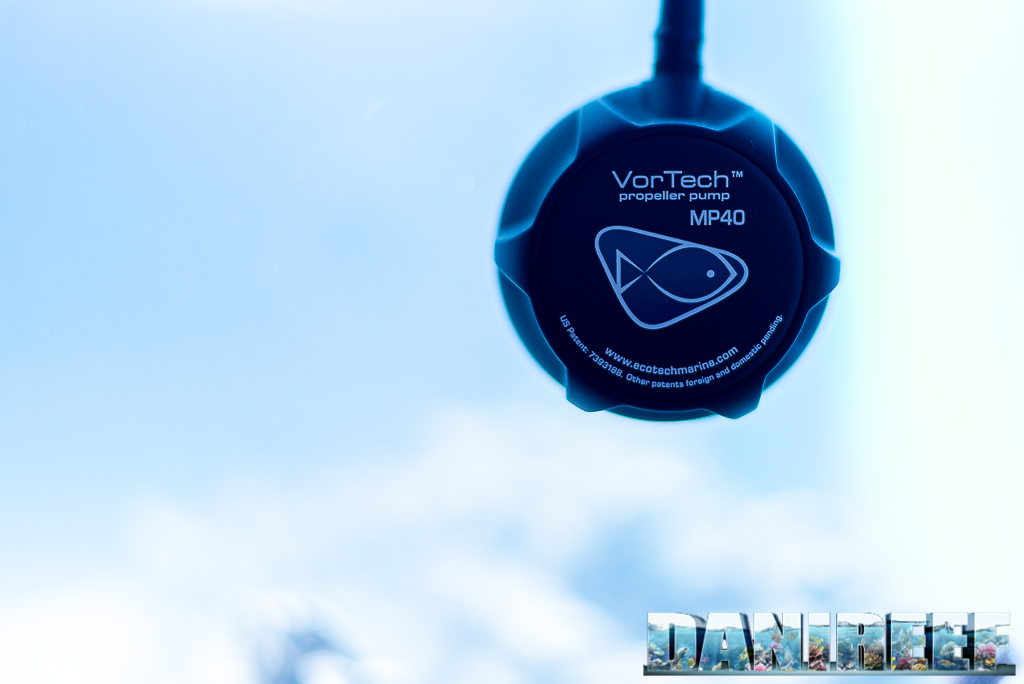
It’s clear than being external, the engine is potentially exposed to accidental falls. Well it’s hardly probable that someone can hit and make it fall off, but it can happen. Ecotech Marine suggests to fix the supply cable of the engine to the glass with the fairleads given in dotation (as you can see in our video). But the wonderful advantage of having an external engine is exactly not have any electric cable in tank and so the safety that they don’t come in contact with the water. But the external engine doesn’t allow to place the pumps smoothly, because they can’t be oriented and need an aquarium designed for them. In the video we show how we placed the ours.
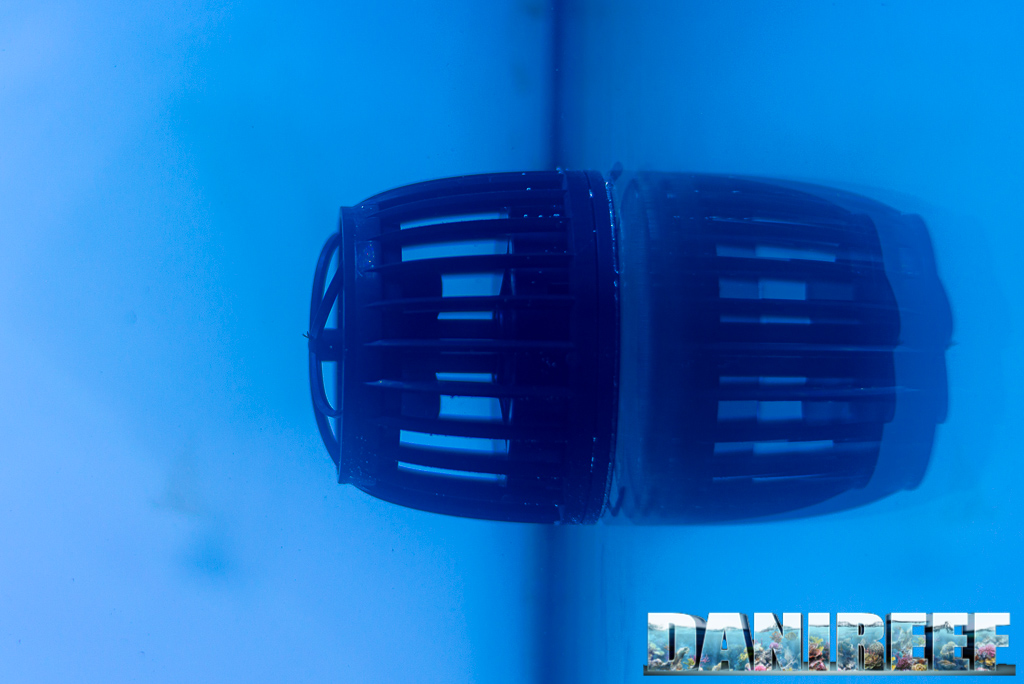
Basically, if they’re placed in two opposite sides they can be installed high enough (without sucking the air of the surface, obviously) and misaligned both vertically and horizontally, and then being set in sync.
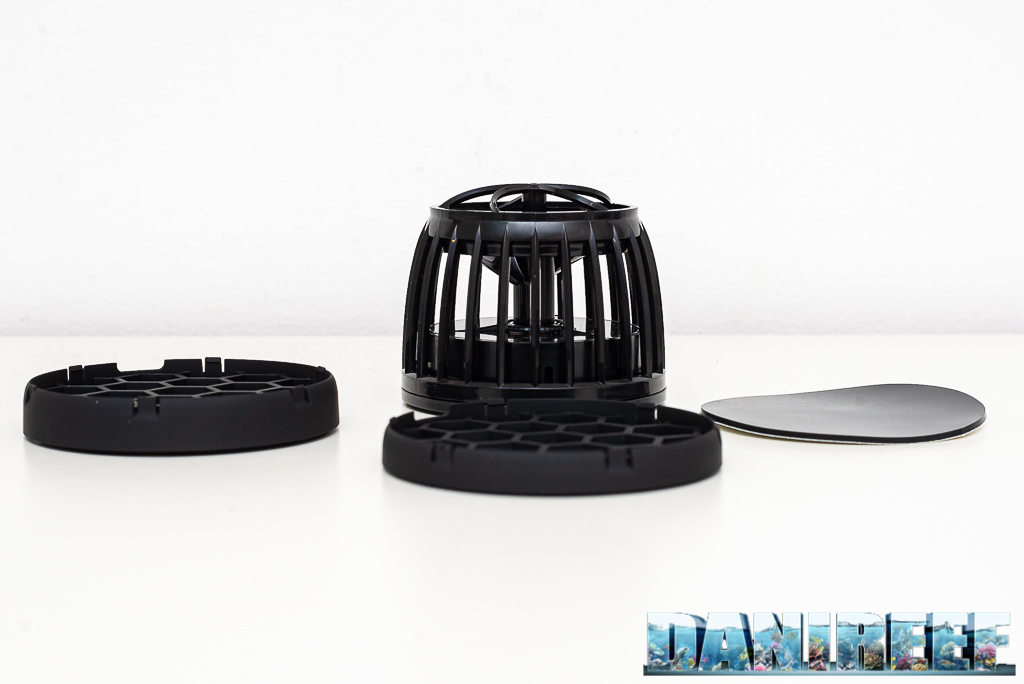
Another aspect not to underestimate is that the external engine doesn’t give heat to the tank and the need to chill down the aquarium is a less big problem, especially in summer. On the other side, of course, it has to be heated more in winter. Consider that a couple of these pumps, or similar, consume 37w each and are like a small heater of 12 watt switched on 24/7.
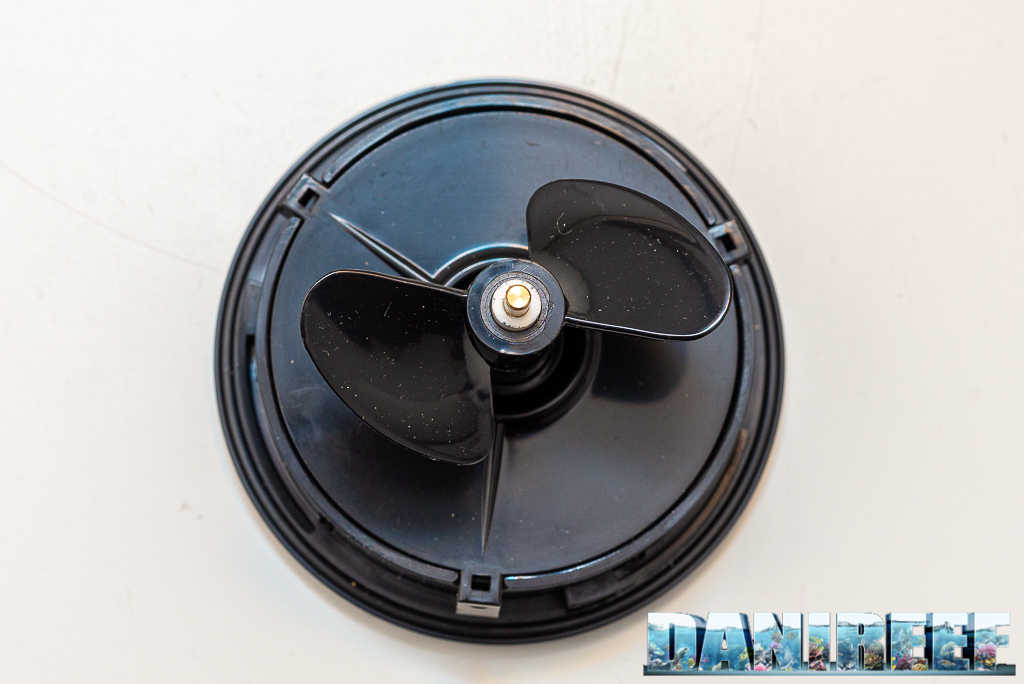
But we have another remarkable advantafe. Once switched off the pump with the multicontroller, through the button on the right, it’s very easy to extract and clean it without being close to the aquarium or slide out all the cables as we have been used with the traditional pumps. A really priceless possibility.
The set up is less complicated than the first model. You only have to pair the two parts with the glass and switch on in costant flow mode at the maximum power, in order to see if there are any problems with the coupling. In this case you only have to move and turn the Wet Side in order to find the correct alignment. Once set up you can play with the controller! As we have seen, every pump is sold with their own controller, that is linked wireless with all the other controllers in its range.
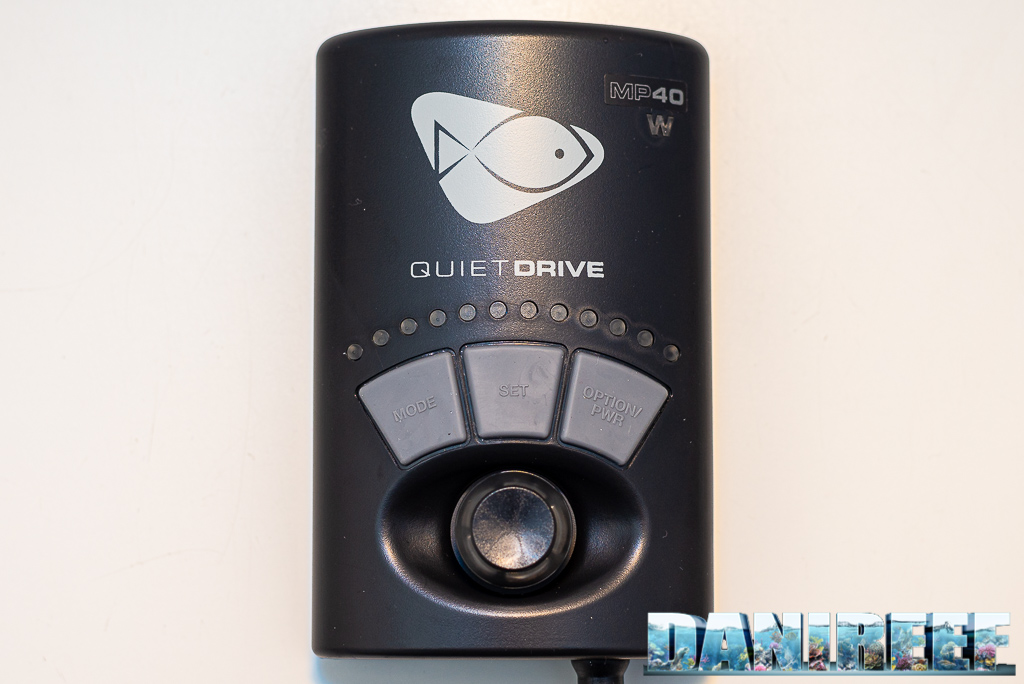
Mobius
The Ecotech Marine app is available even for the VorTech. It’s called Mobius and it allows a simple but powerful configuration. In the video you can see the whole procedure, here are just the most important steps:
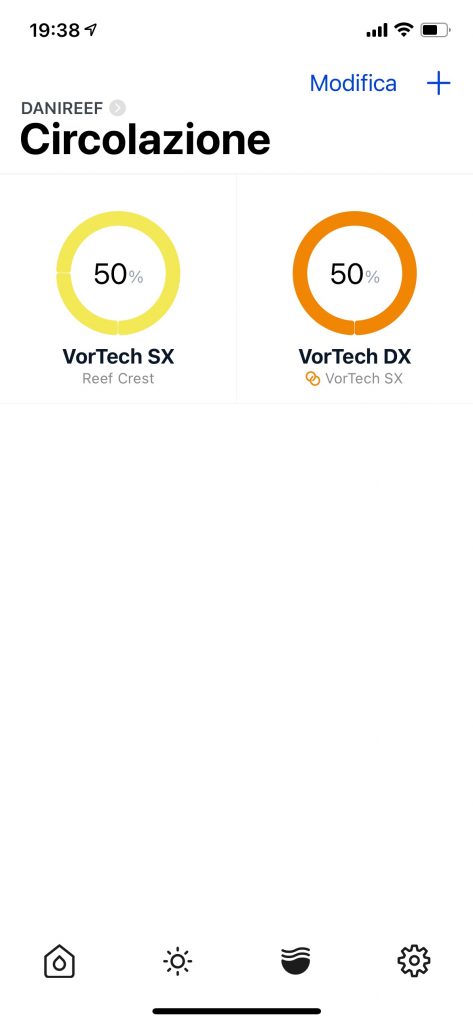
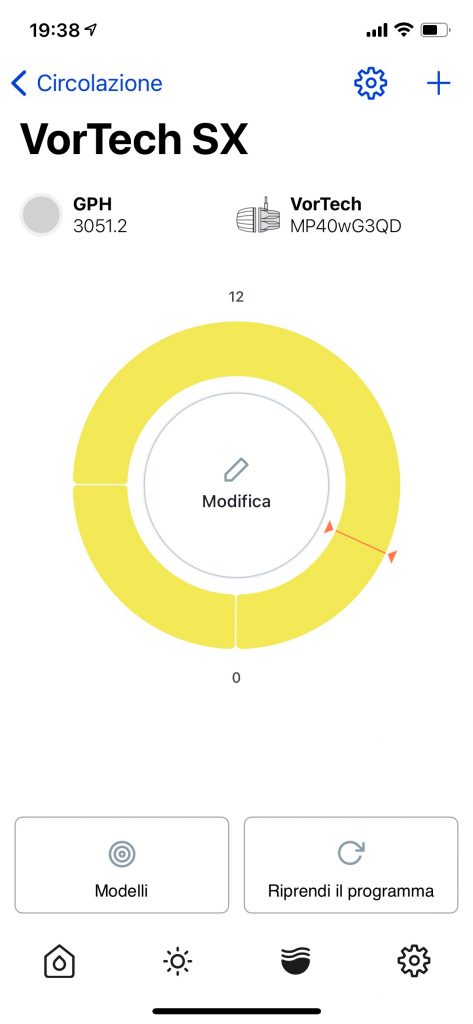
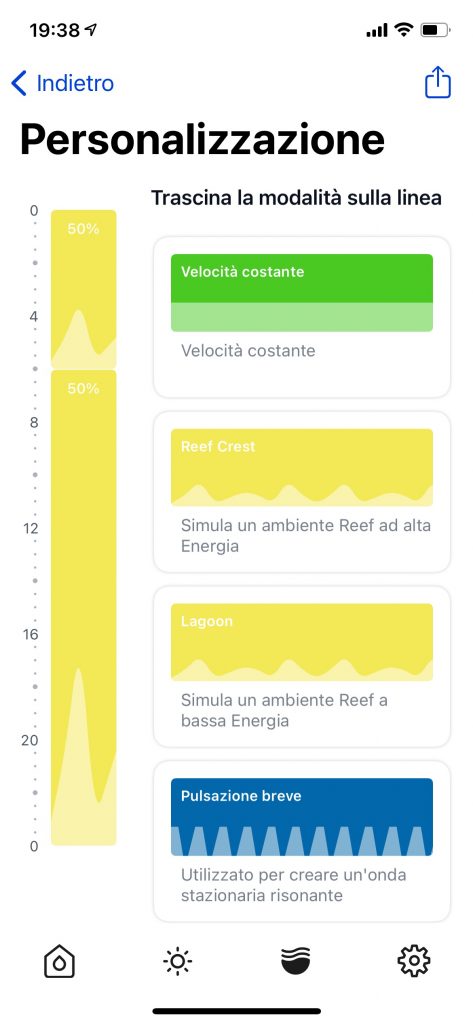
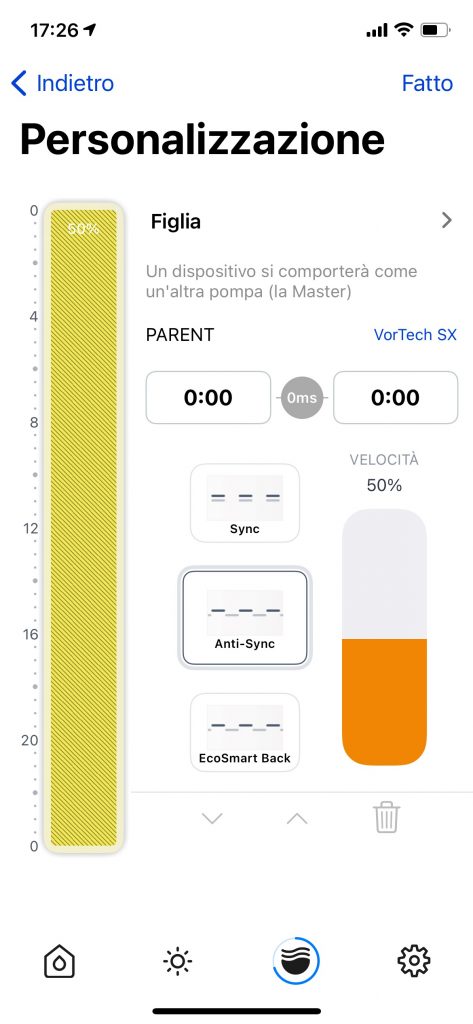
Once added the pump you’ll see a small circle that shows the maximum power of the pump. In this feature you can personalize the modality, add or change the programs even during the day, something that you can’t do with the controller only. You can also configure more pumps like father and daughter, in order to make them syncronize. With Sync the pump will go in the same way, with Antisync the two pumps will go the opposite. When one goes at its maximum, the other goes at its minimum and vice versa. All very simple and intuitive. A big step forward compared to the configuration through the controller only. This modality is still possible for the ones who don’t like to play with the app.
The functioning, our measurements, in particular of the noise, and our conclusions on page two.







